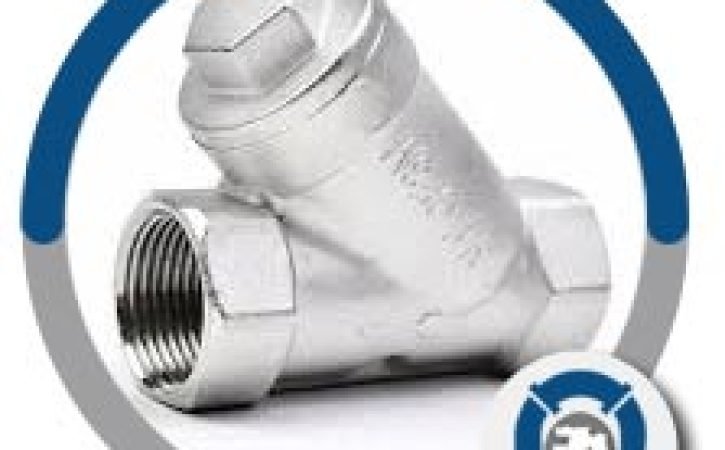
What Are the Advantages of Using Aluminum Turned Parts?
Lightweight and High Strength-to-Weight Ratio
One of the primary advantages of using aluminum turned parts is their lightweight nature. Aluminum is significantly lighter than many other metals, such as steel, brass, or copper. This characteristic makes aluminum turned parts ideal for applications where weight reduction is crucial, such as in the aerospace, automotive, and electronics industries. Despite its lightness, aluminum offers an excellent strength-to-weight ratio, providing structural integrity and performance without compromising on strength.
Excellent Corrosion Resistance
Aluminum turned parts exhibit exceptional corrosion resistance. Aluminum naturally forms a thin oxide layer on its surface, which acts as a protective barrier against corrosion and rust. This oxide layer prevents the penetration of moisture, chemicals, and atmospheric elements, making aluminum turned parts highly resistant to corrosion in various environments. This property makes them suitable for applications exposed to moisture, saltwater, chemicals, and other corrosive substances.
Good Thermal and Electrical Conductivity
Aluminum has excellent thermal and electrical conductivity properties. It efficiently transfers heat and electricity, making it a preferred choice for applications that require efficient heat dissipation or electrical conductivity. Aluminum turned parts can effectively dissipate heat generated by electronic components, ensuring optimal performance and reliability. Additionally, its high electrical conductivity makes aluminum turned parts suitable for electrical connectors, heat sinks, and other electrical applications.
Machinability and Versatility
Aluminum is highly machinable, allowing for precision turning, milling, drilling, and other machining processes. This machinability enables the production of intricate and complex designs with tight tolerances. Aluminum turned parts can be customized to meet specific project requirements, offering versatility in design and functionality. Furthermore, aluminum is compatible with various surface finishes, such as anodizing, painting, and powder coating, enhancing its aesthetic appeal and corrosion resistance.
Cost-Effective and Sustainable
Aluminum turned parts offer cost-effectiveness and sustainability benefits. Aluminum is abundant and widely available, resulting in relatively lower material costs compared to other metals. Its lightweight nature also reduces transportation costs and facilitates easier handling and installation. Moreover, aluminum is highly recyclable without compromising its properties, making it an environmentally friendly choice. The recyclability of aluminum turned parts aligns with sustainable practices, reducing the demand for virgin materials and minimizing waste generation.
In conclusion, aluminum turned parts offer several advantages that make them a preferred choice in various industries. Their lightweight nature, combined with a high strength-to-weight ratio, provides excellent structural integrity while reducing overall weight. Aluminum turned parts exhibit exceptional corrosion resistance, making them suitable for applications exposed to corrosive environments. The good thermal and electrical conductivity of aluminum enables efficient heat dissipation and electrical transfer. Aluminum’s machinability and versatility allow for the production of complex designs and customization. Lastly, aluminum turned parts offer cost-effectiveness and sustainability, thanks to the abundance of aluminum and its recyclability.
Read more:-Carbon steel CNC Components
- SHARES







